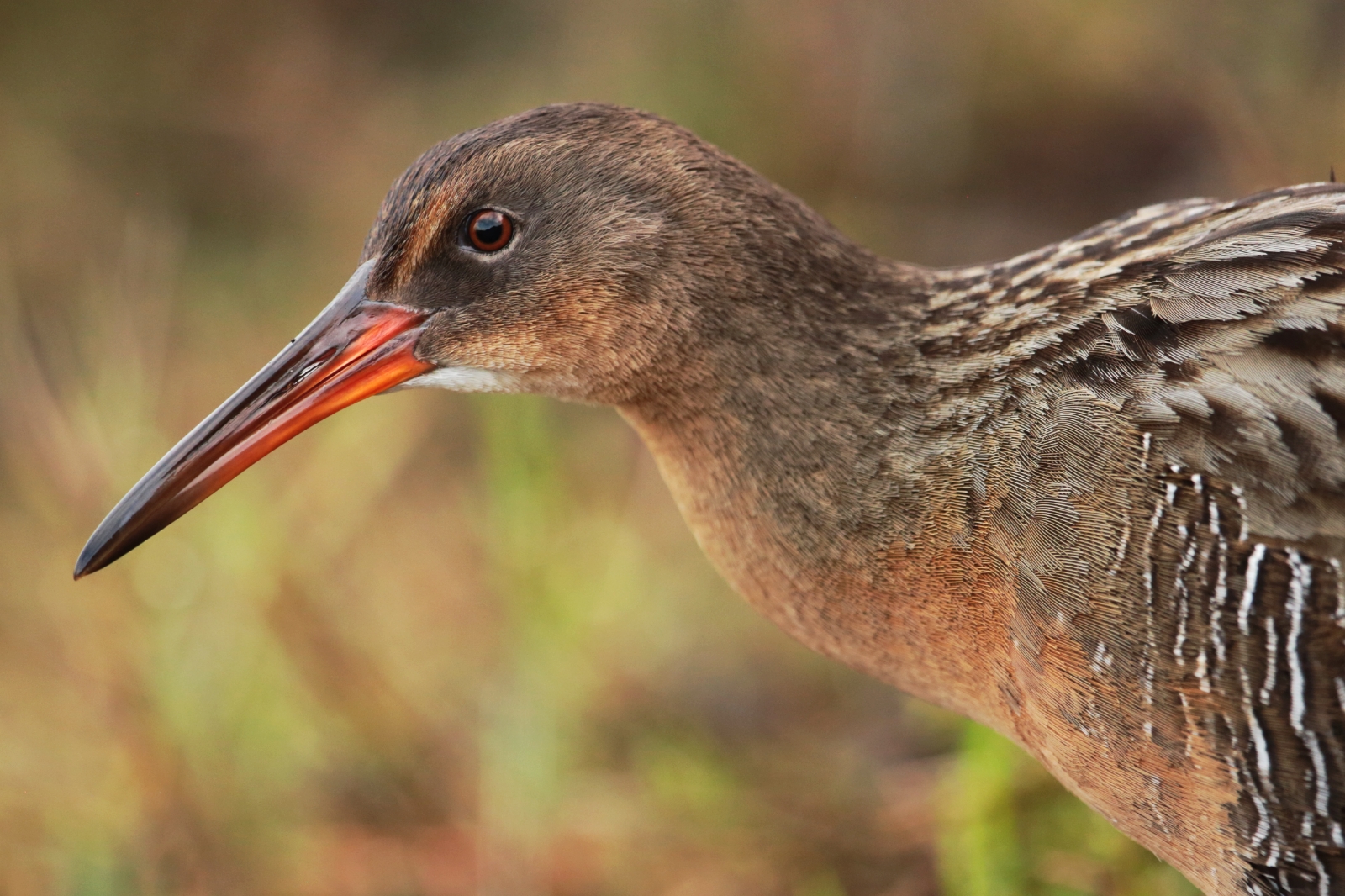 The Green Friday speaker series is beaming straight into your home via Zoom! Join us virtually on the second Friday of each month at 7:30 p.m. for presentations on some of the most interesting and important environmental issues of our time. Read more and register (free) via the calendar listings on our Activities and Events calendar or using the links below, and we’ll send you instructions for how to join via Zoom. Catch up on past Green Friday programs on our YouTube channel.
The Green Friday speaker series is beaming straight into your home via Zoom! Join us virtually on the second Friday of each month at 7:30 p.m. for presentations on some of the most interesting and important environmental issues of our time. Read more and register (free) via the calendar listings on our Activities and Events calendar or using the links below, and we’ll send you instructions for how to join via Zoom. Catch up on past Green Friday programs on our YouTube channel.
Nov. 12 — How Human Impacts Are Amplifying California Tree Diseases
Matteo Garbelotto will explain how the intersection of climate change, anthropogenic pressure, and emergent diseases is a major threat to California trees. His talk will explore four types of tree pathogens: invasive exotic pathogens recently introduced in California from other regions of the world; invasive pathogens, exotic and not, long present in California that have recently moved into forests from agricultural or horticultural settings; native pathogens whose impact has increased exponentially because of modern forest management practices; and latent pathogens that are triggered into becoming aggressive, deadly pathogens by climate change. Together, these four types of pathogens are capable of reshaping the distribution, composition, and structure of California forests within a single human generation.
Matteo Garbelotto is a Cooperative Extension Specialist and Adjunct Professor at U.C. Berkeley and the director of the Forest Pathology and Mycology Laboratory.
Dec. 10 — Protecting Nesting Bird Habitat in Bay Marshes From Invasive Species
Jen McBroom & Lindsay Faye Domecus of the California Invasive Plant Council will share their work protecting nesting bird habitat in San Francisco Bay marshes from invasive plant species. The Bay is a major global biodiversity hotspot and the largest estuary on the west coast of North America. It is a critical stopover point along the Pacific Flyway migration route for millions of shorebirds and waterfowl. However, Atlantic cordgrass planted as erosion control in the 1940s has since hybridized with Pacific cordgrass to create a super strain that threatens Bay wetlands and their endangered inhabitants like the Ridgway’s rail. Learn about our hometown heroes who are doing their part to address the global biodiversity crisis.
Jan. 14 — Growing Up in the Age of Climate Change: Facing Eco Anxiety & Climate Grief
In the first installment of a multigenerational speaker series, Dr. Robert Root and Dr. Robin Cooper will discuss the spectrum of emotional responses related to living in the world of climate change. They will also address the range of additional impacts that climate change has had on all living beings in this world. Dr. Cooper will speak to how young people can work towards viewing these uncomfortable feelings as normal, and how these feelings can alert us to take effective action and join collectively to create community-based solutions.
Robert Root, M.D., received his medical degree from Yale and trained in medicine and psychiatry at the NY Hospital Cornell Medical Center. Dr. Root was the Medical Director of Child and Adolescent Psychiatry at California Pacific Medical Center from 2001-2019 and has worked at the non-profit Child Mind Institute. He has also served as an Assistant Clinical Professor of Psychiatry at the UCSF and Dartmouth Schools of Medicine.
Dr. Robin Cooper is a San Francisco psychiatrist who has had a private practice for over 35 years and is also a faculty member at UCSF, Dept. of Psychiatry and Behavioral Sciences. She has been a leader in the Citizens’ Climate Lobby, as well as the co-founder and on the steering committee of the Climate Psychiatry Alliance.
Photo credit: Ridgway's rail in Arrowhead Marsh by Aaron Maizlish via Flickr Creative Commons (CC BY-NC 2.0).